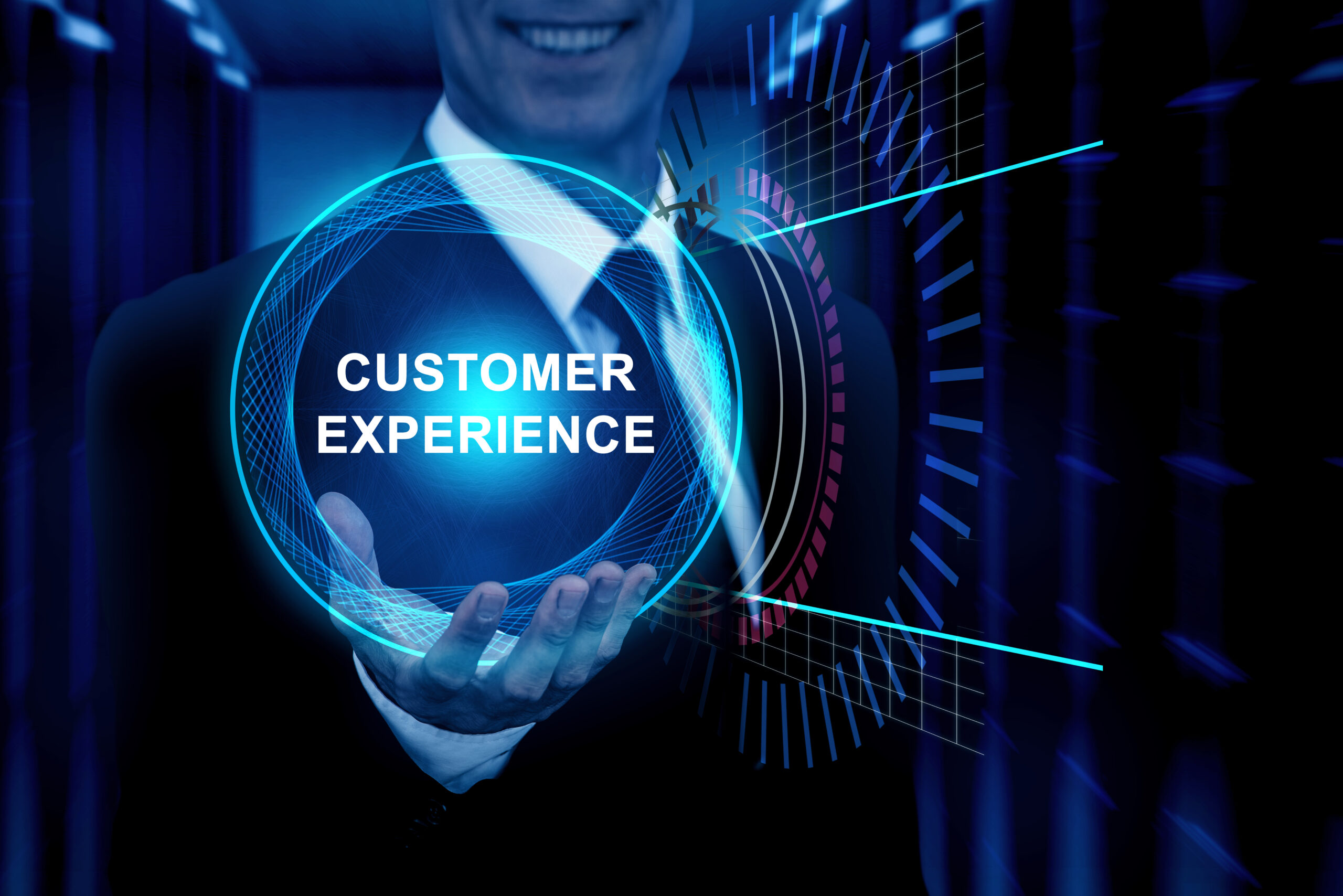Introduction
Personalized customer experiences are crucial for business success, especially in field service management (FSM). Based on the Salesforce report, 65% of companies believe improved data analysis is essential to enhance customer experience. Meanwhile, 86% of buyers are willing to pay more for personalized services, yet only 60% feel their expectations are being met, according to research done by Ninetailed. This gap is where FSM providers should implement innovative technologies, including AI, IoT, and mobile solutions, that are revolutionizing the on-site delivery of service and building customer loyalty.
Leveraging AI and Automation for Personalized Customer Experience
Artificial intelligence (AI) and automation play a pivotal role in driving innovations in FSM. These robust technologies help analyze customer data, forecast needs, and automate routine tasks, resulting in improved personalization in customer experience. For example, AI-based scheduling ensures that the skilled and suitable technician is assigned to the right job, which minimizes wait times and greatly improves first-time fix rates.
A Gartner report predicts that over 50% of field service tasks will be automated by 2025. This transformation allows service providers to optimize resources, address customer issues promptly, and prevent service delays, thereby increasing customer satisfaction and loyalty.
IoT: Enabling Resource Allocation and Dynamic Scheduling
The Internet of Things (IoT) is transforming FSM by enabling real-time personalization of customer experiences. Beyond proactive and predictive maintenance, IoT is essential in improving resource allocation and dynamic scheduling. With connected devices and systems, IoT delivers real-time data on equipment usage and technician locations, thus putting resources where they are needed.
For example, IoT-based systems transform on-site services by prioritizing requests based on equipment criticality and customer preferences. This flexibility allows service providers to dynamically plan schedules and execute high-priority tasks promptly, thus improving customer satisfaction. According to a McKinsey study, optimizing resource management using IoT-driven data could enhance operational efficiency by up to 15% while providing a tailored customer experience.
Mobile Solutions for Seamless On-Site Interactions
Mobile technology has become essential for field technicians, equipping them with multiple tools to access task details and customer history. For example, the Salesforce Field Service iOS widget gives field service technicians a quick view of key account information such as upcoming appointments, work order details, and worksite directions directly on the Home Screen
Mobile apps empower customers to track technician locations and receive live updates, creating an “Uber-like” experience in FSM. This transparency builds trust, and customers feel informed throughout the service process.
Significant Challenges to Personalized Service
Despite the power of technology, many FSM companies face significant challenges in providing personalized experiences. The primary challenge lies in relying on outdated metrics, such as first-time fix rates, which fail to address gaps in customer experience. So, it is essential to shift to more accurate and holistic measurement tools that help fulfill customer expectations.
Further, AI and IoT require investment in training and infrastructure. Companies that prioritize workforce upskilling and adopt robust technology frameworks will be suitable to meet customer needs.
Conclusion
The future of FSM relies on providing personalized customer experience by leveraging robust technologies. These technologies, such as AI, IoT, and mobile solutions, continue to evolve, giving opportunities to FSM providers to refine their service models. By adopting these technologies, companies can revolutionize on-site service experiences, build customer trust, and drive growth.





